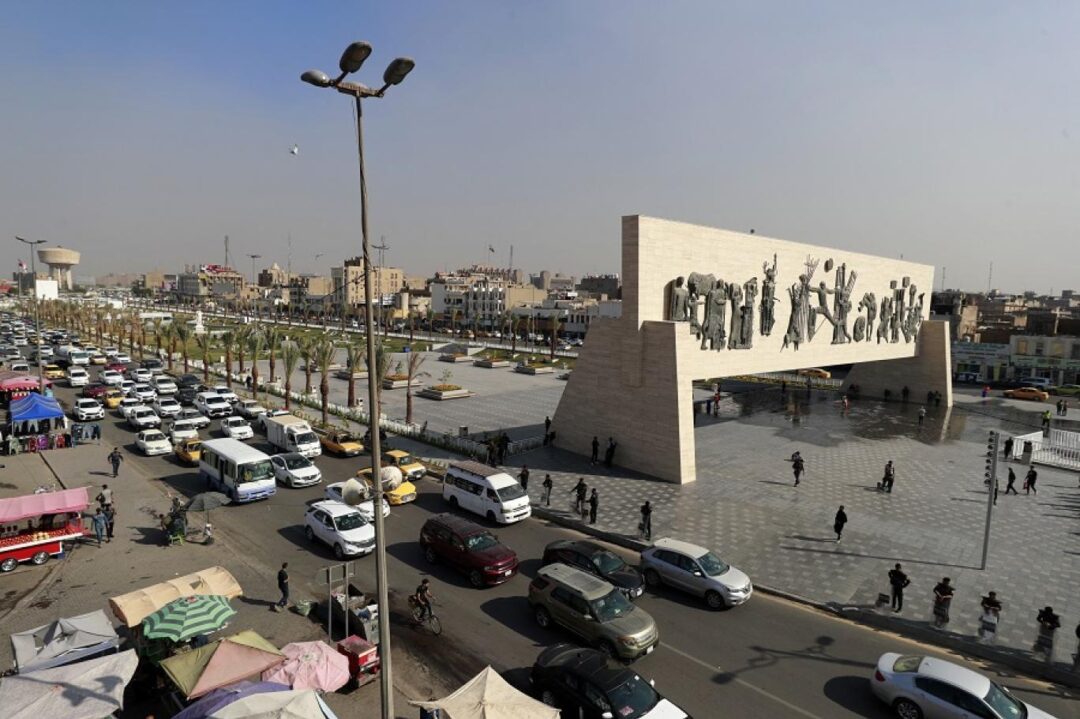Jordan is facing a challenging economic situation. According to the International Monetary Fund (IMF), the unemployment rate stood at 22.6% in 2022, with nearly 50% of the youth being affected. Due to its lack of natural resources and heavy reliance on foreign aid, particularly from the IMF, the Hashemite Kingdom of Jordan is greatly impacted by the influx of Syrian refugees and is burdened with a public debt exceeding 100% of its GDP. Located between Iraq, Syria, Palestine, and Saudi Arabia, Jordan currently hosts around 1.3 million Syrian refugees, approximately 12% of its total population, in addition to over two million Palestinian refugees residing in the country.
An agreement hailed by the government, denounced by the opposition:
In a statement released on May 27, 2023, the IMF announced that a new agreement had been reached with the Jordanian government for the sixth review of the economic performance under the government’s economic reform program.
“The agreement on the sixth review of the economic reform program will bring the total IMF disbursements since the start of the program in 2020 to 1,300 million SDRs (about 1.75 billion US dollars),” noted the financial institution, emphasizing that this agreement is subject to the approval of the IMF’s management. The statement added that structural reforms are necessary to achieve strong, inclusive, and job-generating economic growth, especially since the growth rates, ranging between 2% and 3%, are insufficient to improve the standard of living for citizens. Announcing a growth forecast of around 2.6% for the current year, the IMF reiterated that the primary objective is to reduce Jordan’s public debt to below 80% of its GDP.
Mohamad Al-Ississ, the Jordanian Minister of Economy, assured that this agreement represents an “opportunity for the national economy and a gain of confidence from the international community.” During a press conference, the minister stated that, thanks to the “reforms undertaken by the government to strengthen the stability and resilience of the economy,” Jordan “has been able to maintain its financial and monetary stability” despite the extremely unstable global situation.
However, the opposition criticizes the agreement, claiming that it maintains and reinforces an economic approach based on the “dictates of the IMF,” which has led the country to successive economic crises and has caused the “erosion of social protection.” Opposition parties believe that the “neoliberal” financial and economic measures imposed by the IMF as part of its aid program have seriously harmed the middle and poor classes in Jordan.
Several observers and experts argue that the government’s reforms require a general increase in the prices of basic goods, the removal of state subsidies, the increase of indirect taxes, the reduction of public spending in several vital sectors, and other measures equally detrimental and harmful to public services. The experts also highlight that the IMF’s reforms and programs have not helped reduce the public debt, which reached 111% of GDP in 2021.
Workers, the collateral victims of IMF dictates:
Despite the adjustment programs implemented by the IMF since 1989, the Jordanian economy continues to face several challenges. Economic indicators have shown an increase in public debt ($42.8 billion), persistent budget deficits ($2.5 billion), and a high unemployment rate (22.8%). At the same time, social protection measures aimed at supporting poor families have significantly decreased.
In a report published last May, the World Bank revealed that the poverty rate and deterioration of average incomes in Jordan have reached more alarming levels than those recorded during the Covid-19 crisis. According to the World Bank’s initial estimates, the poverty rate increased from 15.7% in 2018 to 26.7% by the end of 2022.
These indicators, which persist despite reforms and foreign aid – the United States announced over $845 million in aid to Jordan through USAID in 2022, committing to provide a total financial aid of $10.15 billion until 2029 – jeopardize the daily lives of Jordanians, who are increasingly forced to take on second jobs to meet their daily needs.
A comparative analysis of unemployment rates also reveals the direct and indirect consequences of the IMF’s multiple interventions in the restructuring of the Jordanian economy, resulting in increased unemployment rates and deteriorating working conditions. In the early 1990s, the unemployment rate hovered around 8%, a period during which successive Jordanian
governments began implementing restructuring policies under IMF programs. By 2019, before the advent of the Covid-19 pandemic and its devastating repercussions, this rate had reached 19.2%. In the second quarter of 2022, it rose to 22.8%. The economic choices imposed by the IMF have had significant consequences on the Jordanian economy, increasing its dependence on foreign loans and grants. These choices have failed to guarantee the country’s economic independence, thereby weakening various productive sectors. As a result, the national economy’s ability to create new employment opportunities has been significantly reduced, with the number of annual job opportunities declining from 70,000 in 2007 and 2008 to only 48,000 in 2015 and further down to 35,000 in 2019. This decline largely explains the constant increase in the unemployment rate. This phenomenon is even more concerning among youth and women, with unemployment rates of 48.5% and 30.7%, respectively.
Furthermore, pressures against protectionist policies, particularly regarding wages, have had a significant impact on public sector workers. In response to IMF requirements, salaries have not been increased, unlike successive increases in the cost of living. This approach has contributed to an increase in the number of people living in poverty, affecting broad segments of the workforce. According to reports from the General Social Security Organization, around 56% of social security affiliates earn a monthly salary of 500 dinars or less. This alarming reality highlights the detrimental consequences of these policies, which do not consider the financial difficulties faced by many workers.
IMF requirements have also prevented an increase in the minimum wage, which continues to discourage several job seekers, especially women and young graduates, from participating in the national labor market.
It is worth noting that in December last year, the country witnessed a major protest movement due to the increase in diesel and kerosene prices. Truck drivers initiated a strike, quickly followed by taxi drivers and other transporters. The reason for this strike was the introduction of a new tax on petroleum derivatives, primarily diesel used by trucks and buses, as well as kerosene used by many Jordanians for heating. The prices of these fuels almost doubled within a year.
Although the situation seems to have calmed down since then, the economic indicators and the deterioration of citizens’ living conditions continue to raise concerns about a new wave of social unrest in the country.




